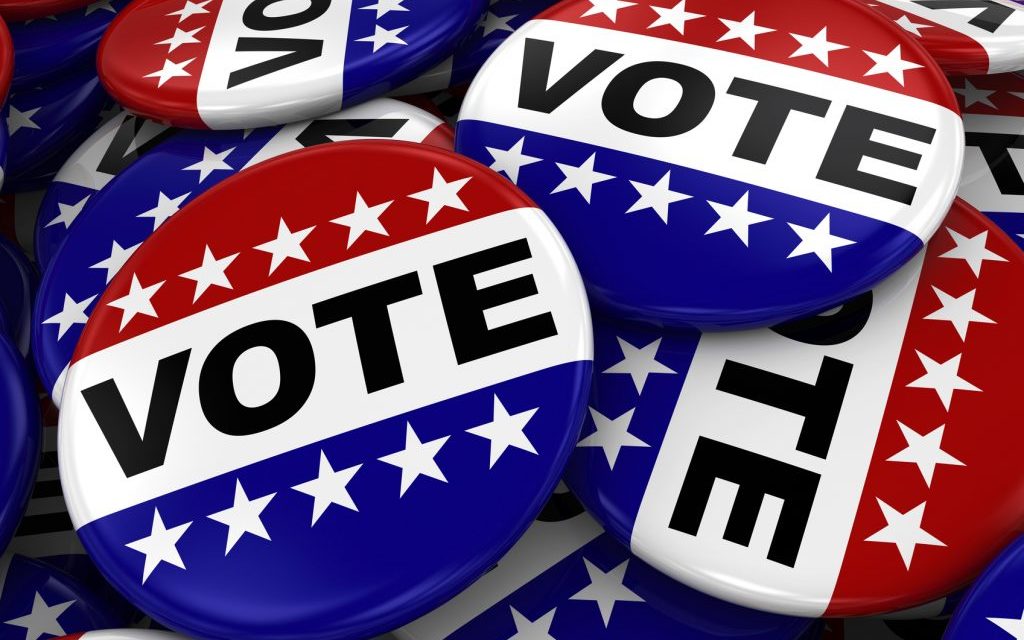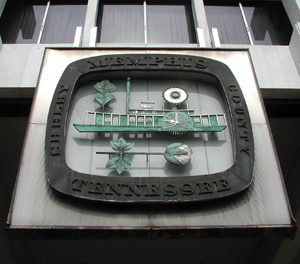It’s easy to find the answer to the question of whether City of Memphis should have partisan elections. The case study is right across the street from City Hall in Shelby County Government.
Conclusion: it’s hard to see any beneficial effects from Shelby County’s partisan elections.
Then too, there is the evidence that most cities don’t see any beneficial effects either. More than three-fourths of all municipalities have non-partisan elections, according to the National League of Cities.
Here’s a sampling:
New York, NY, Partisan
Los Angeles, CA, Non-Partisan
Chicago, IL, Non-Partisan
Houston, TX, Partisan
Phoenix, AZ, Non-Partisan
Philadelphia, PA, Partisan
San Antonio, TX, Non-Partisan
Dallas, TX, Non-Partisan
San Diego, CA, Non-Partisan
San Jose, CA, Non-Partisan
Detroit, MI, Non-Partisan
San Francisco, CA, Non-Partisan
Jacksonville, FL, Non-Partisan
Indianapolis, IN, Partisan
Austin, TX, Non-Partisan
Columbus, OH, Non-Partisan
Fort Worth, TX, Non-Partisan
Charlotte, NC, Partisan
Memphis, TN, Non-Partisan
Baltimore, MD, Partisan
Boston, MA, Non-Partisan
El Paso, TX, Non-Partisan
Milwaukee, WI, Non-Partisan
Denver, CO, Non-Partisan
Seattle, WA, Non-Partisan
Nashville, TN, Non-Partisan
Washington, DC, Partisan
Las Vegas, NV, Non-Partisan
Portland, OR, Non-Partisan
Louisville, KY, Partisan
What’s Better In County Government Because Of Partisan Elections?
Memphis elected officials are ostensibly nonpartisan but that’s not to say that voters know their party affiliations, because more often than not, they tell us in their campaigns. And that’s not to say that many votes have partisan overtones on the nonpartisan Memphis City Council.
Ultimately, the question is: what exactly do Memphis taxpayers get that is better with partisan elections?
The downside for partisan elections can be seen regularly in county government. With the overlay of partisanship, any vote has the potential to be a political litmus test or one of party purity. Meanwhile, reaching across the aisle becomes risky and can even become fodder in campaign attack ads.
In this environment, the best course of action often is to stay in lockstep with a narrow segment of the public rather than governing in the public interest. Just ask Commissioner Brandon Morrison, who is being opposed for reelection by the other Republicans on the Board of Commissioners largely for having the gall to act on the needs of City of Memphis.
The partisan elections that were ushered in about 23 years ago by Republican Party activists have now taken their ultimate toll on Shelby County Government. Compromise has traditionally been the grease that oils the machinery of government at all levels, but now, decision or actions are at risk of being viewed through the lens of partisan political benefit, and as a result, compromise is often treated as a foreign concept in legislative decision-making.
Rather than pull our community together behind an actionable plan toward a better future, commissioners are divided and defined by their political party label. Rather than serve as models of civility in a community where we yell at each other too much already, they exacerbate the spitefulness and political talking points that obscure serious, mature dialogue.
Building A Partisan Barrier
It is a tragic state of affairs for a county government and its legislative body. The days when commissioners could set aside the most thorny issues – think race and class – to come together for projects and plans to move the community ahead seem like distant memories.
Ultimately, the decision by Republicans to inject partisanship into county elections became evidence of Newton’s Third Law of Motion: every action has an equal and opposite reaction.
The Republican Party made a calculated choice. Because of it, Republicans got some short-term benefits from the move to partisanship, but in the long run, it was tantamount to shooting themselves in the foot as the Democratic wave predicted when partisan elections were instituted became a wave that overwhelmed them.
At the time, there were warnings that partisan elections would institutionalize the divisions, particularly the racial ones, that existed in this community and complicate the job of good governance and statesmanlike service.
Those who can consider the virtues of the other side’s arguments are treated as lepers and subjected to inquisitions about their fitness for office, their character, and their principles. We think of former Shelby County Commissioner Mike Carpenter, a Republican elected official known for his thoughtfulness and for his willingness to listen to all sides of an argument, and yet, he was ostracized and threatened with petitions to remove him from office. The grievance: he voted with Democrats on some important decisions.
History repeats itself today with Republican members of the county commission this time lining up to oppose the reelection of Brandon Morrison because she has violated their party litmus test. The grievance: she’s willing to listen to Democratic members and on occasion vote with them.
Nonpartisan Elections: Part of the Progressive Era
Nonpartisan ballots were a product of the Progressive Era’s reforms introduced around the turn of the century by good government advocates in cities across the U.S. It remains the choice for a majority of city elections – and county elections as well.
The intent of the movement for nonpartisan elections was to encourage voters to examine the facts and to gather information about a candidate rather than casting a vote based only on party cues. Such was the reaction to the party bosses that sprang up in cities across the U.S., including Memphis.
It is clear that for many years, in county elections, the Republican Party was boxing above its weight. It continued to win most major county offices, but even a political idiot could see that it was not sustainable because of demographic trend lines in Democrats’ favor.
While we fear that Pandora is out of the box in county government, and even if we returned to its days of nonpartisan county elections, there would still be an overlay of political partisanship that did not exist before.
It is highly unlikely that partisan elections in county government will change. Because of it, we will continue to have the spectacles of a commissioner like Mrs. Morrison being treated like a misbehaving child rather than someone considering what’s best for the entire community – think MATA funding – and voting her conscience.
***
Join us at the Smart City Memphis Facebook page for additional articles, reports, and commentaries relevant to Memphis and Shelby County.





Good column, Tom. Local Republicans have been trying for 30 years how to figure out a Republican way to pick up the garbage.
Well, maybe the Republican way is to pick up the garbage on the right side of the street first.